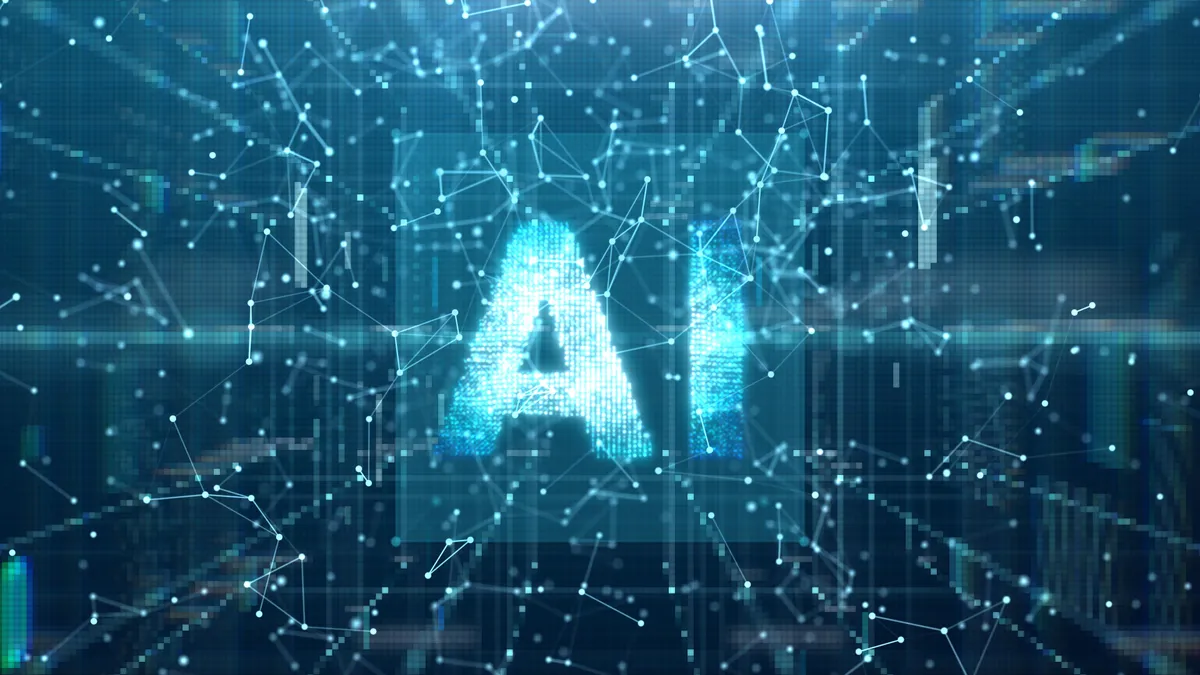Artificial intelligence is already integrated into the workplace and changing how millions of Americans do their jobs.
A new report from Microsoft shows that 75 percent of employees now use AI in some way. From health diagnostics to writing assistance and customer service automation, AI is becoming a standard part of many industries. Researchers say that shift brings opportunity and disruption as some positions become outdated.
Here is a breakdown of what the data shows and how employees can prepare.
Most Workers Are Already Using AI
The Microsoft Work Trend Index found that three out of four employees are currently using AI. That includes chatbots, analytics tools, and software that supports design or content creation.
“We think AI is here to stay and is going to change how we do business,” said Ivan Garibay, professor of industrial engineering at the University of Central Florida.
Top Five Jobs Most Affected by AI
A second study from Microsoft researchers identified 40 professions that are most likely to be impacted by artificial intelligence. The five most at-risk jobs include:
- Interpreters and translators
- Historians
- Customer service workers
- Sales representatives
- Writers
Garibay said this does not mean every job on the list will vanish but that major changes are coming.
“Some jobs will no longer exist in the new AI world,” Garibay said. “But many, many different jobs will be created. So it is our challenge to be future proof by having skills like critical thinking and knowing how to work with the AI as a collaborator.”
Focus on Human Skills AI Cannot Copy
To remain competitive in the job market, experts encourage workers to strengthen skills that artificial intelligence cannot replicate. These include:
- Critical thinking
- Emotional intelligence
- Creativity
- Curiosity and adaptability
Employees are also advised to get hands-on experience with AI tools relevant to their specific field and to treat AI as a collaborator rather than a replacement.
Which Jobs Are Likely Safe from AI Disruption
Some roles are much less likely to be affected by artificial intelligence. Skilled trades such as electricians, plumbers, carpenters, and mechanics are considered among the most secure jobs in the AI era.
Medical and caregiving professions like doctors, nurses, therapists, and home health care workers are also expected to remain essential, though they may require training with new technologies.
What This Means for the Future
Studies show AI tends to enhance the performance of lower skilled workers. However, it may cause challenges for high skilled professionals who depend too much on automation and lose their edge.
Experts stress the importance of staying informed, learning new tools, and building human centered skills in order to thrive as AI continues to expand across industries.


















